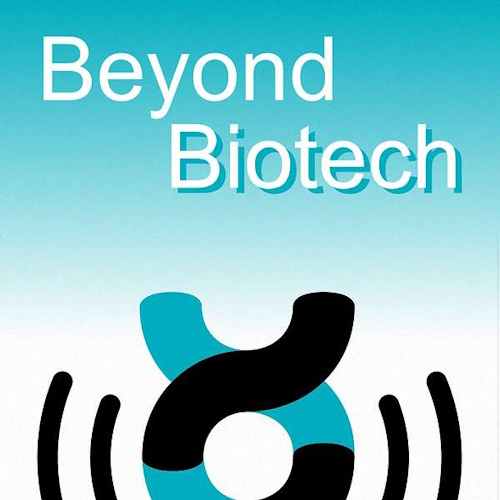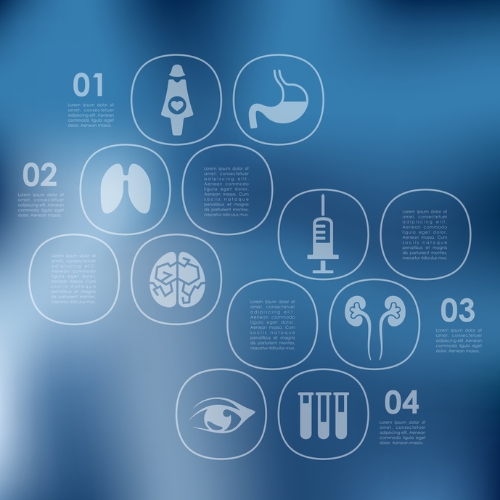Humacyte: Saving lives with lab-grown blood vessels in conflict zones
Podcast from Beyond Biotech- Lab-grown blood vessels saving lives in war zones
This episode features Dr. Laura Niklason, founder and CEO of Humacyte, discussing her journey from intensive care physician to regenerative medicine pioneer. She shares how Humacyte’s bioengineered, off-the-shelf blood vessels are transforming treatment for trauma, dialysis, and vascular disease, with real-world impact seen in Ukraine’s war zones and U.S. hospitals.
Key Points:
Humacyte’s lab-grown blood vessels are not only saving lives in trauma zones like Ukraine but also redefining how we approach vascular care worldwide. These regenerative human arteries provide a durable, infection-resistant alternative to synthetic grafts, offering a major breakthrough in treating traumatic injuries, dialysis access, peripheral artery disease, and potentially even heart bypass and diabetes in the future.
- Lab-Grown Vessels for Real-World Impact: Humacyte’s Acellular Tissue-Engineered Vessel (HAV) is a bioengineered human artery made from living cells, then decellularized to prevent rejection. It becomes a living part of the patient’s body post-implantation and has shown strong outcomes in trauma and dialysis access.
- Combat Medicine and Humanitarian Aid: In a groundbreaking effort, Humacyte shipped HAVs to Ukraine for war-injured patients. Despite remote training and language barriers, surgeons successfully used the vessels to prevent amputations and save limbs in extreme trauma cases.
- Dialysis and Beyond: New Clinical Frontiers: With FDA approval for vascular trauma use, Humacyte is now advancing clinical programs in dialysis access—including trials focused on women, who often face poorer outcomes with traditional fistula surgery.
- A Decades-Long Scientific Journey: Driven by early experiences in cardiac surgery, Niklason spent over 30 years developing vessels that mimic human arteries. The secret: stretching cells on biodegradable scaffolds in bioreactors to encourage natural tissue formation.
- Scalable, Off-the-Shelf Innovation: Each bioreactor incubator can produce 1,000 vessels per year, with current facilities capable of 8,000 and scalable to 40,000. HAVs are shelf-stable for 18 months and ready for emergency use, stored simply in a refrigerator.
Visit website: https://www.youtube.com/watch?v=oI2IEi9K_uo
See alsoDetails last updated 10-Jul-2025






